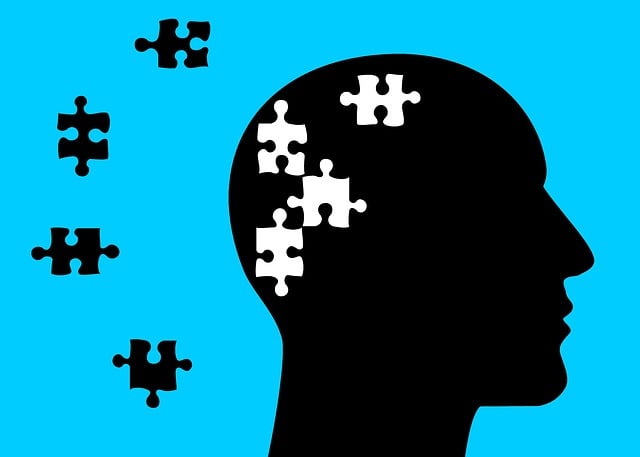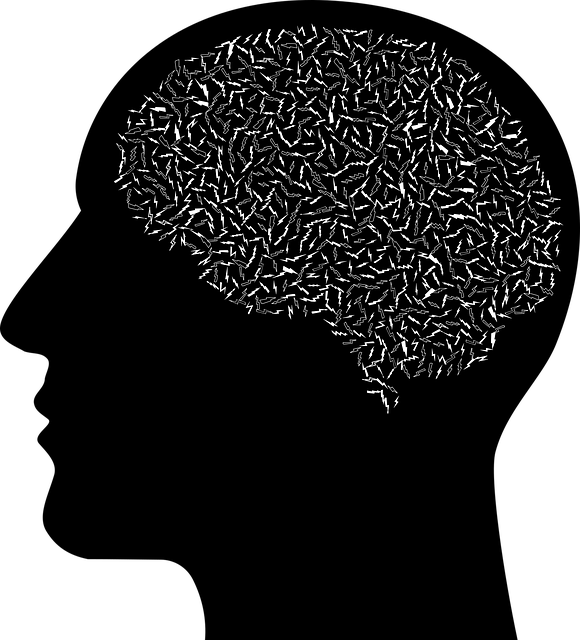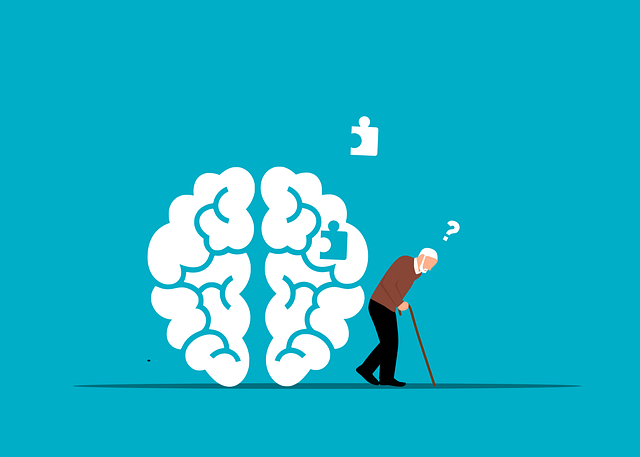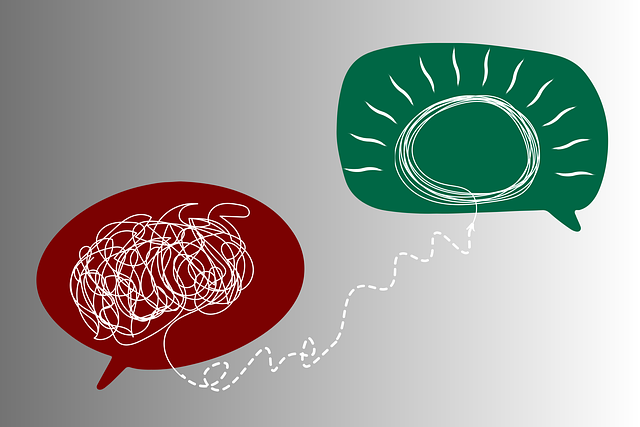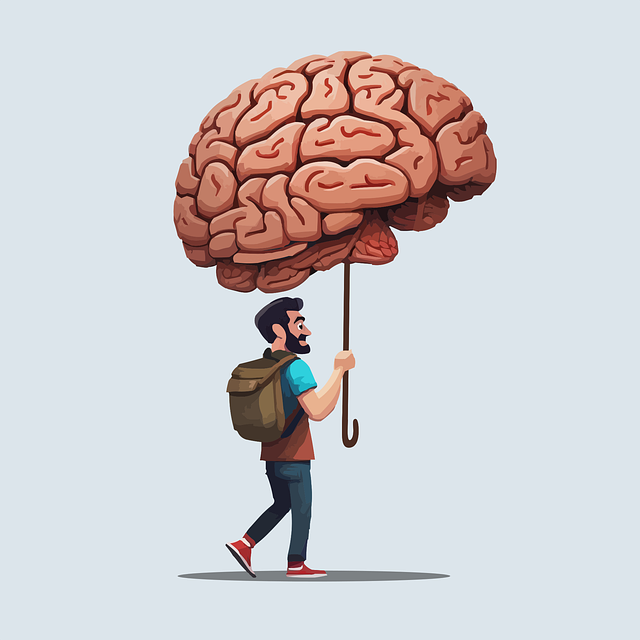Golden Developmental Disability Therapy leverages positive thinking and mind-body practices like mindfulness and gratitude exercises to enhance emotional well-being, resilience, and cognitive abilities in individuals with developmental disabilities. Integrating these techniques into daily routines fosters self-efficacy, improves social skills, and promotes mental health awareness. Regular physical exercise, a core component, boosts brain function through neuroplasticity, leading to better learning, memory, and decision-making skills. Tailored positive thinking exercises and successful case studies highlight the therapy's effectiveness in improving emotional regulation, independence, and social interaction.
Positive thinking exercises have emerged as a powerful tool in Golden Developmental Disability Therapy, significantly impacting individuals with developmental disabilities. This article delves into the science behind positive thinking and its profound effects on cognitive development. We explore how structured exercises can enhance mental agility and foster a growth mindset. Through practical strategies and inspiring case studies from leading programs, learn how to implement these transformative practices, offering hope and improved outcomes for those navigating developmental challenges.
- Understanding Positive Thinking and its Impact on Developmental Disabilities
- The Role of Exercise in Enhancing Cognitive Abilities
- Practical Strategies for Implementing Positive Thinking Exercises
- Case Studies: Success Stories from Golden Developmental Disability Therapy Programs
Understanding Positive Thinking and its Impact on Developmental Disabilities

Positive thinking is a powerful tool that can significantly enhance the lives of individuals with developmental disabilities. By embracing optimism and reframing negative thoughts, people with special needs can experience improved emotional well-being and enhanced coping mechanisms. This approach, often at the core of Golden Developmental Disability Therapy, focuses on fostering resilience and promoting a positive outlook.
Integrating mind over matter principles, such as conflict resolution techniques and depression prevention strategies, into daily routines can help individuals navigate challenges with greater ease. It empowers them to view obstacles as opportunities for growth, fostering a sense of self-efficacy. This shift in perspective is transformative, encouraging folks to embrace their abilities and pursue their aspirations unencumbered by limiting beliefs.
The Role of Exercise in Enhancing Cognitive Abilities

Regular physical exercise plays a pivotal role in enhancing cognitive abilities and is an essential component of Golden Developmental Disability Therapy. Beyond its physical benefits, exercise has been shown to stimulate neuroplasticity, improving brain function and structural changes that can positively impact learning, memory, and problem-solving skills. This is particularly beneficial for individuals with developmental disabilities as it offers a practical approach to improve their social skills training by fostering better focus, attention span, and decision-making abilities.
The incorporation of exercise into therapy routines also contributes to Mental Illness Stigma Reduction Efforts and the design of effective Mental Health Education Programs. By encouraging active participation in physical activities, individuals can develop a sense of self-efficacy and improved body image, which are crucial aspects of overall mental well-being. Moreover, group exercises can foster social connections, enhance communication skills, and create supportive environments that challenge negative perceptions associated with mental health conditions.
Practical Strategies for Implementing Positive Thinking Exercises

Implementing positive thinking exercises can be a powerful tool for anyone looking to enhance their mental well-being, especially those with developmental disabilities. One effective strategy is to start each day with a gratitude practice. Encouraging individuals to reflect on and express gratitude for three good things that happened the previous day can shift focus from negativity to positivity. This simple act fosters a sense of contentment and optimism, laying the foundation for a more positive mindset throughout the day.
Additionally, incorporating mindfulness exercises into daily routines can significantly contribute to emotional intelligence and mood management. Simple breathing techniques or guided visualizations can help individuals stay grounded in the present moment, reducing the impact of stressful situations. The Stress Management Workshops Organization emphasizes the importance of regular practice in cultivating emotional resilience, which is particularly beneficial for managing anxiety and promoting overall mental health, especially when tailored for those with developmental disabilities through Golden Developmental Disability Therapy.
Case Studies: Success Stories from Golden Developmental Disability Therapy Programs

Case studies from Golden Developmental Disability Therapy programs offer compelling success stories that highlight the transformative power of positive thinking exercises. These programs, designed to support individuals with developmental disabilities, have seen significant improvements in participants’ lives through tailored interventions. For instance, a study focusing on a young adult with autism spectrum disorder (ASD) demonstrated how regular practice of mindfulness meditation and cognitive reframing techniques improved their emotional regulation and social interaction skills.
The implementation of effective communication strategies within these therapies further enhanced the benefits. Public awareness campaigns development and increased understanding of developmental disabilities have also played a crucial role in fostering supportive environments. Emotional intelligence, nurtured through these exercises, equips individuals with the ability to recognize and manage their emotions, leading to greater independence and improved relationships.
Positive thinking exercises, when integrated into therapy programs like Golden Developmental Disability Therapy, hold immense potential to enhance cognitive abilities and improve quality of life for individuals with developmental disabilities. By employing practical strategies outlined in this article, therapists can create engaging and effective sessions that foster resilience, boost self-esteem, and promote overall well-being. The case studies presented serve as inspiring examples of the transformative power of positive thinking, demonstrating its role as a game-changer in the realm of developmental disability therapy.



